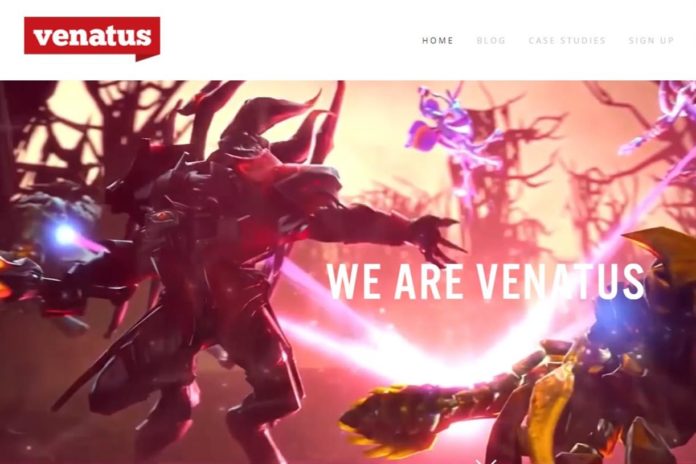_44.jpg)
Venatus, a London-based ad tech company specialising in gaming audiences, has sold a minority stake to private equity investor – and Brainlabs backer – Livingbridge, for an undisclosed amount.
It is the first time Venatus, founded in 2010 by chief executive Rob Gay and and chief operating officer Matt Cannon, has taken any external investment. Venatus has around 60 staff with about 40 in the UK, and others in the US, Australia, South Korea and Ukraine.
Venatus provides ad tech to publishers in the games space – both developers and website owners – and delivers creative campaigns for brands aiming to reach a gaming audience, such as Unilever, Hasbro, Intel and the BBC.
Other work has included a mobile video campaign for Public Health England in January and February this year, which aimed to reach young audiences to raise awareness of the mental health resources available through PHE’s Every Mind Matters website. Venatus worked alongside OmniGov on this campaign, in which videos were served as rewards in mobile games that resonated with young audiences.
Venatus has also created mini-game ad formats for clients including Nintendo – to promote an expansion pass for Nintendo Switch game Pokémon Sword and Shield – and Sky Cinema, to promote the film Four Kids and It.
GP Bullhound acted as financial advisor to Venatus, leading to the deal with Livingbridge, which in 2019 bought a minority stake in Brainlabs, one of the fastest growing advertising companies of the last decade. Last month, Livingbridge also bought a majority stake in Jungle Creations, which owns social media brands including food-focused Twisted, as well as creative agency The Wild.
Speaking to Campaign, Gay said that one of the big differences between gaming and other areas of media and entertainment was that gaming is “truly global”.
While news brands, for example, increasingly have a global footprint but an audience focused on particular markets, Gay commented: “if you play Fortnite or League of Legends, it’s truly global. So you have to have a monetisation system that is global.”
Venatus, he said, has “built our own technology to make sure that we are the fastest, we optimise the best – but then we also back it up with direct sales. And that’s done from the UK, from Korea, from Australia, the US… so to make sure if you’re a publisher, and you’ve got 100 million users, and they come from all over the world that we’re actually servicing you properly.”
While the majority of Venatus’s sales are programmatic, Gay said 40% were direct – a factor he thinks will pay dividends as the privacy landscape changes, with Apple having introduced app tracking transparency on iOS earlier this year, and cookies set to disappear from Google’s Chrome browser by 2023. These developments will make context-based advertising more significant, he agreed.
“I do believe in the potential [in contextual advertising] and we’ve seen it in the last 12 months, and certainly going forward,” he said. “The fact that we are looking to actually know where you [advertisers] are going, your brand’s safe, it’s a walled garden if you like – that’s going to make a big difference to advertisers going forward.
“Yeah, the cookie [being deprecated] – there’s ways around it and there’s some great technology coming out, [but] I do think having that contextual does help.”
He added that Gfinity, the esports company that is among Venatus’s clients, was currently building a series of bespoke sites based on more niche areas of interest, such as multiplayer games and first-person shooters. “They’re really granular. So that works really well for campaigns and optimising as well.”
Dave Kirby, partner at Livingbridge, described Ventus as “a well-differentiated business which offers a winning proposition for both publishers and advertisers/agencies looking to reach a gaming audience.”







